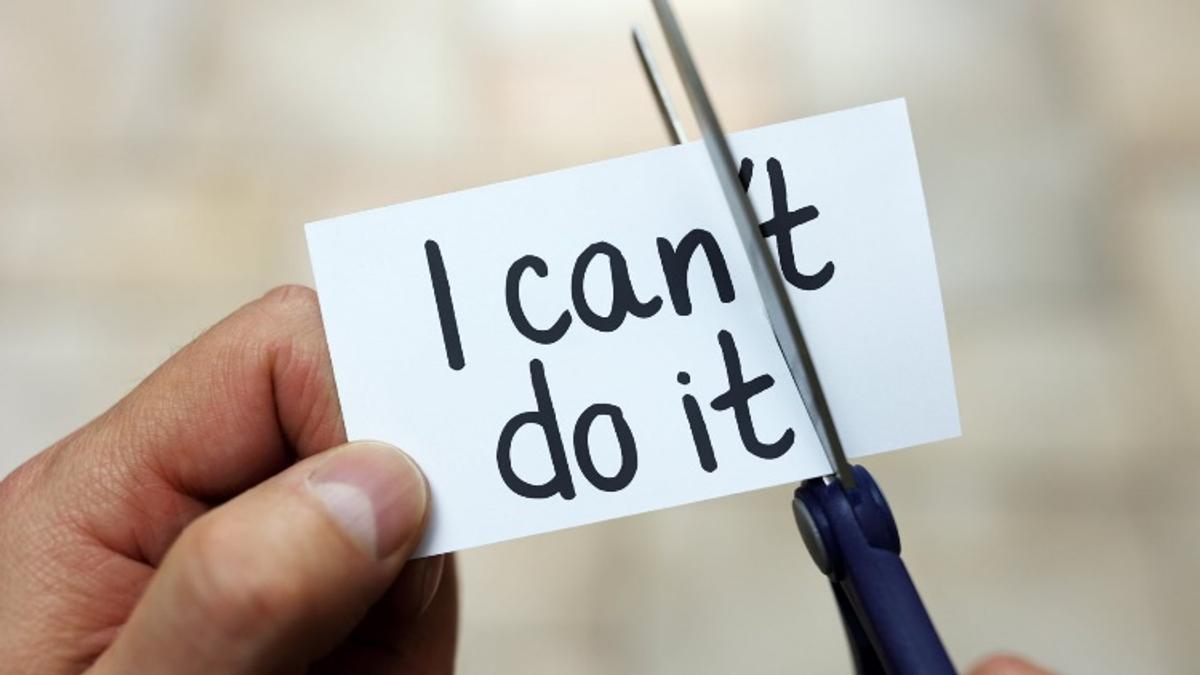Wellbeing @ Homestead

Self-esteem
What is self-esteem?
Self-esteem is how we value and perceive ourselves. It's based on our opinions and beliefs about ourselves, which can feel difficult to change. We might also think of this as self-confidence. Your self-esteem can affect whether you: Like and value yourself as a person. This can be a particularly important at the senior setting.
A low self-esteem can reduce the quality of a person’s life in many different ways, including:
- Negative feelings – the constant self-criticism can lead to persistent feelings of sadness, depression, anxiety, anger, shame, or guilt.
- Relationship problems – for example they may tolerate all sorts of unreasonable behaviour from partners because they believe they must earn love and friendship, cannot be loved or are not loveable.
- Fear of trying – the person may doubt their abilities or worth and avoid challenges.
- Perfectionism – a person may push themselves and become an overachiever
- Fear of judgement – they may avoid activities that involve other people, like sports or social events, because they are afraid, they will be negatively judged. The person feels self-conscious and stressed around others and constantly looks for ‘signs’ that people don’t like them.
- Low resilience – a person with low self-esteem finds it hard to cope with a challenging life event because they already believe themselves to be ‘hopeless’
- Lack of self-care – the person may care so little that they stop taking care of themselves
So how can I improve my self-esteem? See below some common ways of improving self-esteem:
- Talk to yourself positively – treat yourself as you would your best friend. Be supportive, kind and understanding. Don’t be hard on yourself when you make a mistake.
- Challenge negative ‘self-talk’ – every time you criticise yourself, stop and look for objective evidence that the criticism is true. You’ll realise that most of your negative self-talk is unfounded.
- Don’t compare yourself to others – recognise that everyone is different and that every human life has value in its own right. Make an effort to accept yourself
- Acknowledge the positive – for example, don’t brush off compliments, don’t dismiss your achievements as ‘dumb luck’ or don’t ignore your positive traits.
- Appreciate your special qualities – remind yourself of your good points every day. Write a list and refer to it often. (If you feel you can’t think of anything good about yourself, ask a trusted friend to help you write the list.)
- Forget the past – concentrate on living in the here-and-now rather than reliving old hurts and disappointments.
- Tell yourself a positive message everyday – Maybe a quote you could refer to everyday
- Stop worrying – ‘worry’ is simply fretting about the future. Accept that you can’t see or change the future and try to keep your thoughts in the here-and-now.
- Have fun – schedule enjoyable events and activities into every week.
- Exercise – it is such a good boost to the brain for all kinds of things but especially in helping you to feel good. Targets need to be step by step, such as starting with a walk round the block once a day, enrolling at a local gym class or going for a swim.
- Be assertive – communicate your needs, wants, feelings, beliefs and opinions to others in a direct and honest manner.
And remember to:
Practise the above suggestions every day – it takes effort and vigilance to replace unhelpful thoughts and behaviours with healthier versions. Give yourself time to establish the new habits. Keep a diary or journal to chart your progress.
Don't forget, the team at Homestead are always here to support if you need it.
-Jas Bhatia


